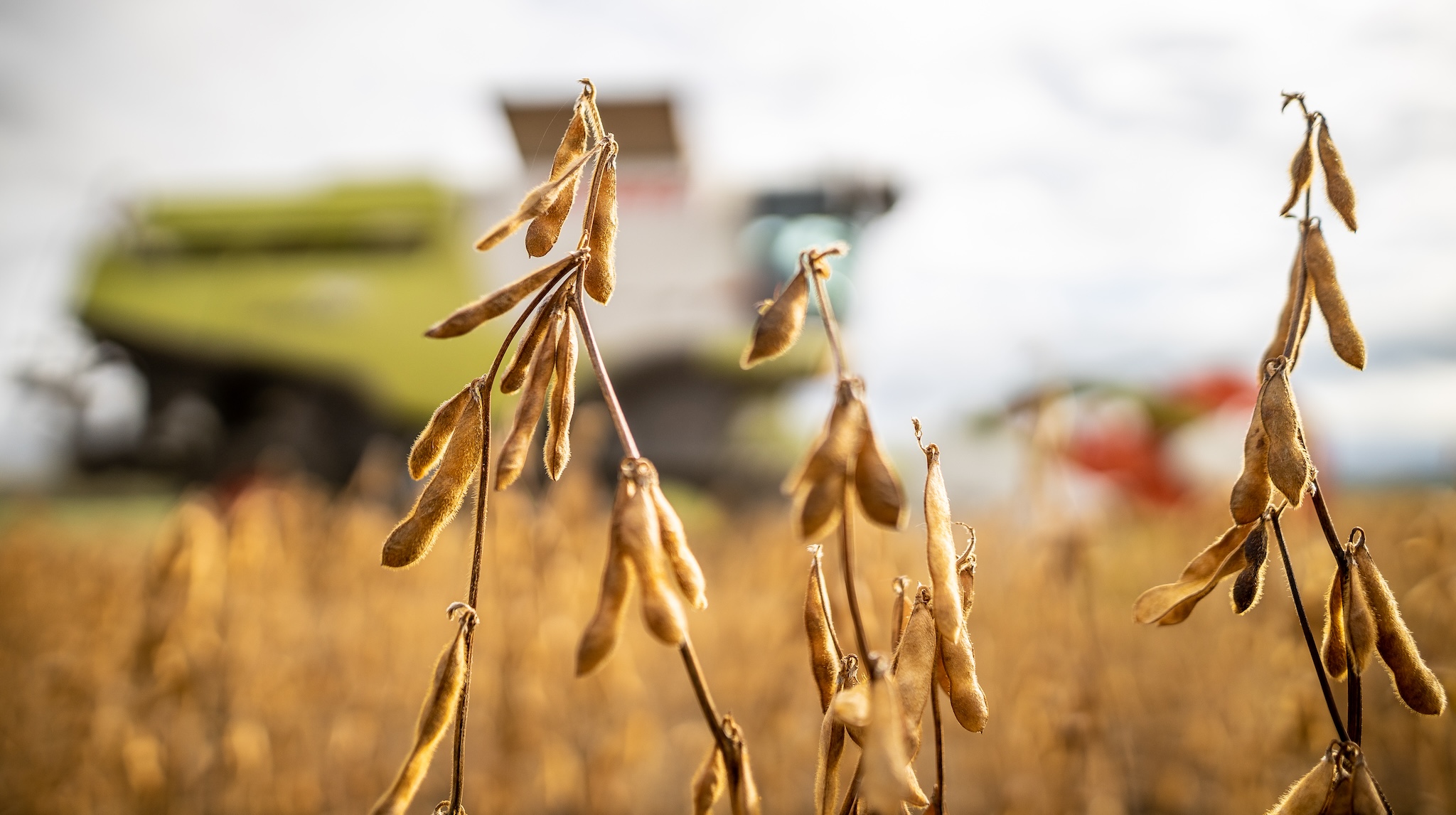Postponement of the EUDR means gaining time for practicable implementation

Berlin, 04 October 2024: The Union for the Promotion of Oil and Protein Crops e. V. (UFOP) welcomes the postponement of the implementation of the European Deforestation Directive (EUDR) announced by Commission President Ursula von der Leyen. The agricultural sector needs this time corridor in order to be able to adapt to the additional obligations to provide evidence. Against this backdrop, the association also welcomes the initiative of Federal Agriculture Minister Cem Özdemir, which has contributed to this success.
The UFOP recalls that agricultural businesses already have to submit an annual self-declaration as part of the biofuel certification process, which must provide the recording company with dated proof of origin for the area under cultivation and the specific regional greenhouse gas standard value for the crop in question. It is now important to use the time to combine the practical implementation of the documentation obligation with the necessary acceptance. In Germany and the European Union, this concerns the slow but steadily growing area of soya beans as part of the national and EU protein strategy. UFOP emphasises that unnecessary bureaucratic regulations that hinder acceptance must therefore be avoided and simplifications must be introduced.
In principle, the question of acceptance is of international importance because the producer countries and import companies actually addressed by this directive in the case of vegetable oil and oilseeds either reject technical evidence based on geodata or, in view of the large number of small producers, e.g. in palm oil production, also reach the limits of practical implementation. Against this backdrop, UFOP warns that this directive will not make an effective contribution to the rigorous protection of rainforests and biotopes - ‘whoever clears the land stays out’ - if internationally binding rules are not created at the same time in order to avoid displacement effects. UFOP points out that China alone imports over 100 million tonnes of soybeans from Brazil every year, the equivalent of around 28 million hectares of arable land (Germany: 11.8 million hectares).


 Union zur Förderung von Oel- und Proteinpflanzen E.V.
Union zur Förderung von Oel- und Proteinpflanzen E.V.